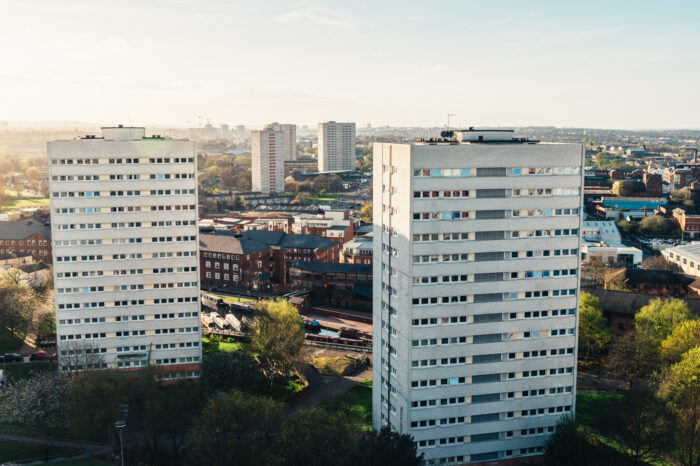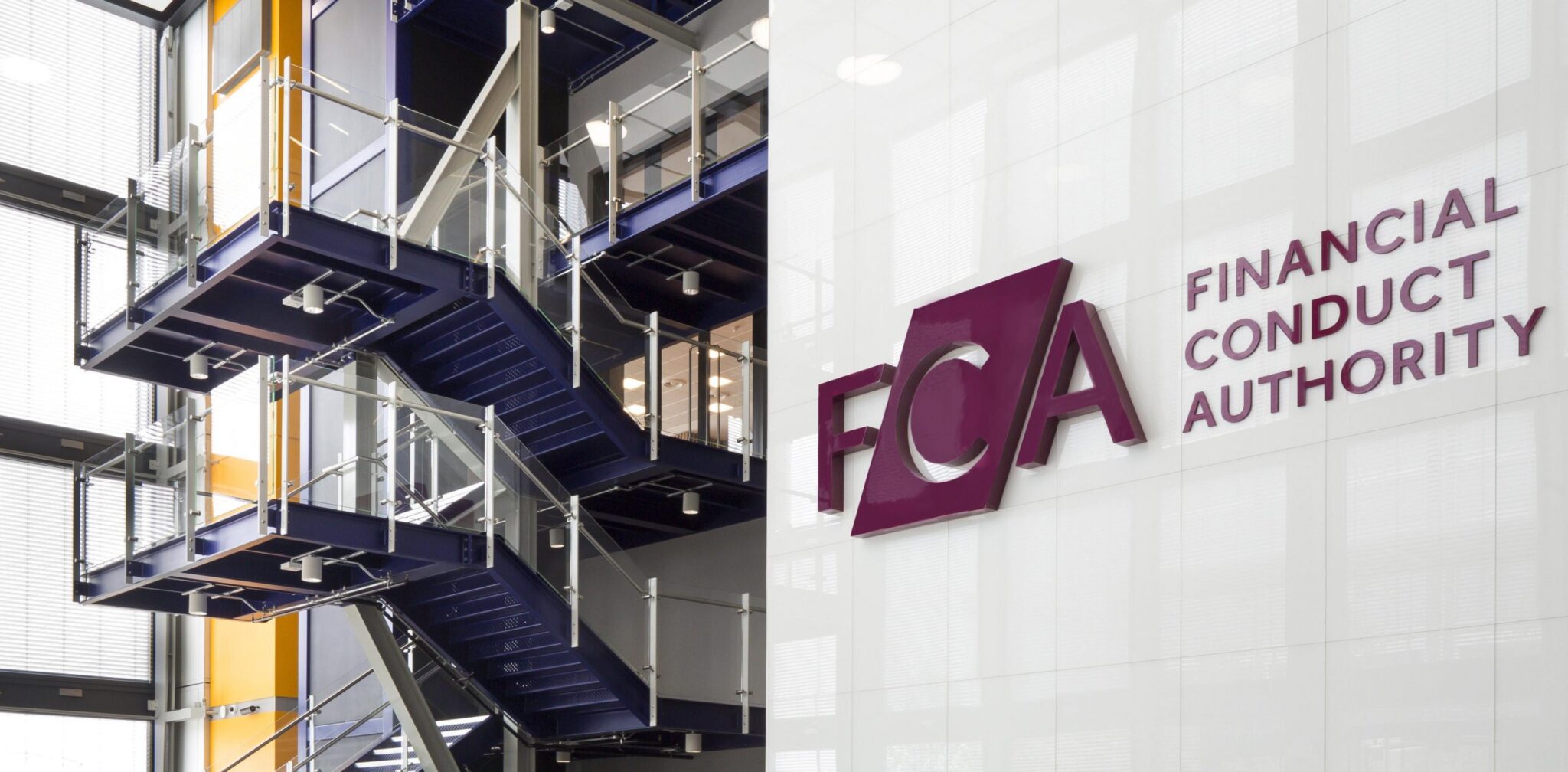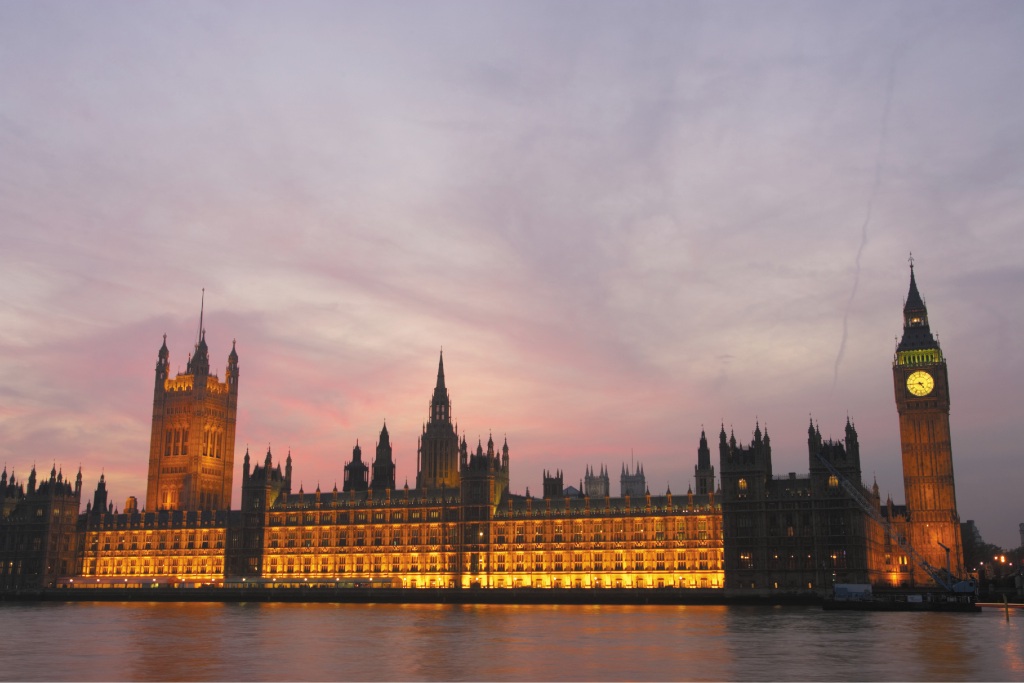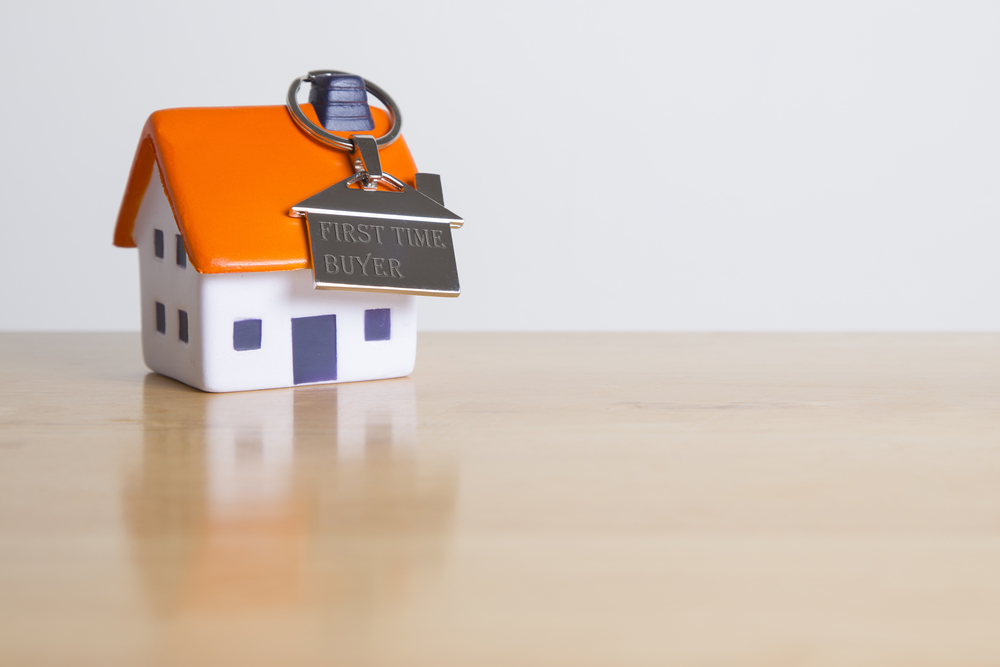Three high street lenders have signed up to offer mortgages to those with properties affected by building safety and cladding issues.
Skipton Building Society, TSB and Virgin Money have pledged to consider offering mortgages on properties with five or more storeys that have been affected by the cladding scandal.
They join six major lenders that signed the commitment a year ago – Barclays, HSBC, Lloyds, Nationwide, NatWest and Santander.
This means over three quarters of mortgage lending in the country is now covered by the commitment, according to the government’s Department for Levelling Up, Housing and Communities (DLUHC).
Mortgage, building safety and cladding issues: What’s new?
The three lenders will consider mortgage applications for properties in buildings in England that are yet to be remediated, or where leaseholders are protected from remediation costs.
This gives those looking to buy, sell and remortgage more choice of lenders and mortgage deals.
Minister for building safety, Lee Rowley, said: “I am extremely pleased to see three new lenders doing the right thing and supporting leaseholders who are stuck in homes with building safety defects.
“This is a further sign of the market’s confidence in the solutions that we have put in place to protect leaseholders.”
Karen Appleton, head of mortgage lending at Skipton Building Society, added: “I’m really proud that Skipton Building Society has worked with DLUHC and industry experts to make it possible to sign up to the joint statement, in order to further support customers impacted by the cladding crisis and to play a part in opening up the lending market for flats.”
Government changes
The Building Safety Act was introduced in 2022 as part of a range of measures to protect leaseholders from paying remediation costs in the aftermath of the 2017 Grenfell Tower tragedy.
The Act introduced tough building safety regulations and confirmed that those responsible for unsafe cladding need to pay to fix it, not ‘innocent leaseholders’.
The new Leasehold and Freehold Reform Bill, introduced to Parliament last month, further protects leaseholders by delivering the Government’s manifesto commitments on leasehold reform.
The Bill will include measures to:
- Make it easier to ensure that those who caused building safety defects in enfranchised buildings are made to pay
- Ensure that leaseholder protections are not unfairly weighted against those who own properties jointly
- Ban building insurance commissions for freeholders and managing agents and replace these with transparent handling fees.
The government is also consulting on options to cap ground rents for existing leases.





